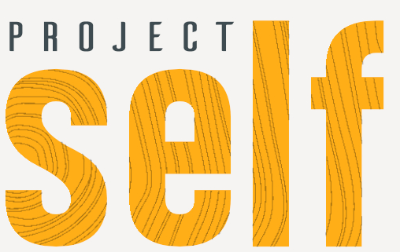Stories are the way in which we make sense of the world, create meaning and understand our experience in relation to our surroundings and relationships. They are a combination of social-cultural and inner psychological workings. Stories can be a narrative to hold a series of events together in time, to create an account, create continuity and order complexity. They can also be a work of fiction and imaginings designed by the narrator to purvey a message to their audience. Their re-telling alters or refines their meaning, as does the context in which they are told. They may have some basis in reality, some elements of truth; but they aren’t real; they are dreams upon obstacles; obstacles upon dreams.
Stories, as explored in my previous post ‘Your World is Not The World’ , can be the way in which we misinterpret events because of the way we infiltrate gaps, make connections and make sense through our own interpretation and invention; filling up the mystery spaces. How we project and imagine; our internal life manifesting itself beyond us. In that way, when we tell ourselves stories we create our own reality and fix meaning. In the telling to ourselves, the story becomes true and so we believe our own version of events. We can become attached to the story and the telling of it and forget that there may be another version, another narrator who tells its differently. Their story might actually have a happier ending and of course, the protagonist an entirely different character.
‘Our story’ is often the tale of how we came to be where and who we are, which brings the past to the present and renders significance through the lens of retrospection. The more frequently we tell the same story the more imbued the narrative of our life becomes with authority and definition. We tell others our story, the edited version of who we are. We make a choice as to how we want to present our self to others through that story. We tell ourselves our own story. We tell ourselves we are a certain kind of person, who does and doesn’t do certain kinds of things; has certain likes and dislikes; challenges; issues and patterns. We tell ourselves our history. And so the story becomes entrenched and defines who we think we are, our own perception becomes the story. This is the way it was. This is what happened. This is the way it is. These are the reasons. The story becomes our essence, our ‘I’, its retelling imbues the increasingly narrow channel with explanation so that our once loose linear connections become ones of limitation.
The beauty of the story with its flawed and beautiful capacity to be both false and imagined is that we can re-write it. We are not our story. Our story changes because we outgrow it. Stories hold movements and meaning in time but we are temporal. We can get in the habit of re-telling the same story because we have learnt it’s familiar rhythm off by heart; it has a natural flow. It says what we need it too, about who we are in the world. But have you ever been part way through telling your story and realised, actually that’s not me anymore, that’s not actually true, or thought why am I saying this, this representation of myself isn’t serving me? At that pivotal point we can chose. Do we want our old storyline or a new one? Is there a difference between the story we are telling and the story we are living? How would we like to tell the story differently? How could we?
Our freedom is our ability to change our story. To liberate ourselves from our history and to allow ourselves to become redefined or even undefined through narrative. Our story is who we can become. It’s an act of creation. It fills the space between how the world is and how we wish it would be. We can put more creative energy into what the story can be, rather than pulling out that well thumbed story book where the plot doesn’t thicken, there’s no mystery and we know how it ends. The current story ends with a dot, dot, dot …
Once we have a new story in mind, we can make choices so that the events we create and respond to move us toward the new story, a different reality. Our future actions come from the story we currently hold in our head. So why limit the future with a story from the past?
Our stories are often about who we think we should be and who we were. But they are fictions to be released, realised and rewritten, imaginings to guide us, not histories to hold us. They are gold-leaf riches to be written in flowing, dark, blotchy, bleeding inks on rice-fine, white paper, to inspire us with language of hope not destiny and to permeate our life with potential and discovery.
Next time you tell yourself a story, imagine it differently.
Next time you tell your story, listen to what it says and tell it differently.
